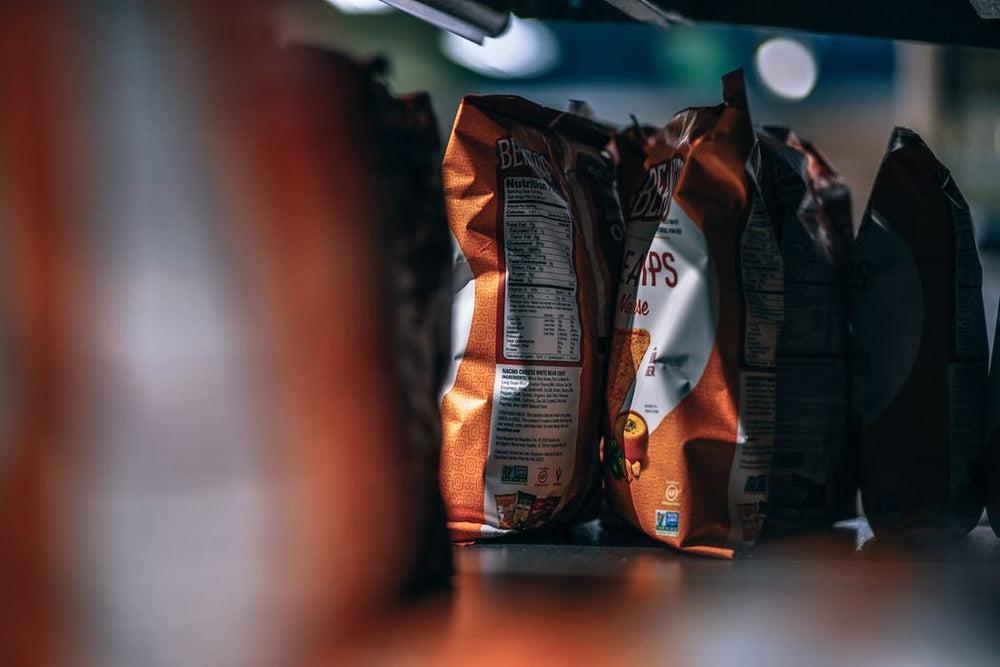Food cravings are driven by a range of stress, hunger, anxiety-related neurotransmitters and hormones. They center around the brain chemistry of pleasure and reward.
The amount of hormones and neurotransmitters our body produces and how fast our bodies process them out of the system depends on your DNA, your gut bacteria and food you consume.
Our brains and our gut are in constant high speed bidirectional chatter ..think of it like, they have a dedicated high-speed connection thru a nerve called the vagus nerve. The vagus nerve represents the main component of the nervous system, which oversees a vast array of crucial bodily functions, including control of mood, immune response, digestion, and heart rate.
While genes play a very apparent role in our looks and personalities they also determine our preference for taste and cognitive behavior towards food like cravings, binge eating and reduced satiety. These differences in taste perception and preference influence food choices and have a significant impact on nutrient and caloric intake.
A 2017 study conducted across 800 adults at Friedman School of Nutrition at Tufts University, showed a gene variant that regulates the feel-good hormone oxytocin was related to how much chocolate people ate. Serotonin and Oxytocin are a part of the brain's reward system—and the researchers theorized that it's possible that lower levels of the hormone might boost cravings for chocolate in an effort to get that pleasant "reward" feeling.
Potato chip craving typically implies cravings for carbs, salt and fat. Let’s focus on a gene found on your X chromosome called MAOA.
Each one of us has either a fast or slow variant of this gene. If you are craving potato and chocolate (or carbs in general) when you are stressed or tired, chances are, you have a fast version of the gene. Fast MAOA eliminates the make feel-good hormones like dopamine and serotonin too quickly, which can set you up for a shortage of these hormones and your body craves for more of the serotonin.
90% of the serotonin is produced in you gut, not your brain. And you need a precursor amino acid called tryptophan to produce the neurotransmitter serotonin. Bacteria like enterococcus produce tryptophan and they need high carb, low protein foods like the potato chips to thrive and produce the tryptophan.
So if you are craving the chips it is because your gut bacteria is telling your brain it needs more tryptophan to produce the serotonin that your body is rapidly burning
Like microscopic puppet masters, your gut bacteria influences your eating behavior through a number of potential mechanisms including manipulation of reward pathways, production of toxins that alter mood changes to taste receptors, and hijacking of neurotransmission via the vagus nerve , which is the main neural axis between the gut and the brain.

Image by Digbi Health
What should I do?
Get you gut biome and DNA checked and you will be better armed with good information on how to deal with the your food cravings and selections.
Digbi Health Personalized Nutrition report is the only program that combines your DNA and gut biome information along with your traditional blood marker data to provide you more control over your nutrition, performance and health destiny
Here are few of the DNA and Gut biome information you can expect to find in your report:
Tendency to Overeat
We analyze genes that influence various hunger and satiety hormones such as Leptin, Ghrelin and Neuropeptides, which influence neurological aspects of feeding - persistent hunger, excessive snacking, preference for high calorific food and emotional eating.
Tendency to consume fats
Some people tend to over consume fatty foods due to a lower ability to perceive fats. In studies, people with lower fat perception ability were found to rate the fat content of food consistently lower than the actual fat content.
Tendency to consume sweet foods Sweet tooth Gene
People of certain genetic type tend to over consume sweet foods due to low sensitivity to sweet taste, either due to lesser number or reduced sensitivity of sweet taste receptors on their tongue. Sugary foods are rich in calories and can cause insulin resistance, leading to weight gain and other health conditions. Sugary food and drink consumption has been linked to a wide variety of health conditions, including cancers.
Tendency to prefer bitter food
When food is chewed in the mouth, molecules such as phenylthiocarbamide bind to the taste receptors present in the tongue, which gives rise to the bitter taste. People of certain genetic type tend to avoid bitter vegetables due to higher sensitivity to bitter taste due to increased bitter taste receptors. People with this genetic type even prefer tea over coffee.
Few of the microbes we analyze are shown to influence your Sleep Quality.



Mar 21, 2023 at 08:06AM